Last year, I was in a fresh relationship that suddenly became very serious. At a staff meeting within the first few weeks of my starting at Yad Ezra, we confronted a new reality: clients, who shopped for their food in our pantry warehouse, would not be able to come into the building; perhaps they would even be on lockdown.
Some of Yad Ezra’s clients barely get by — missing food distributions was not an option. I was the newest member of the team (and theoretically part time). But with a staff of only seven people, they included me both as an equal contributor and a decision-maker.
We did a quick SWOT analysis and determined that deliveries to all Yad Ezra clients was the best option moving forward. The staff could work together, organize volunteers and do what was needed to arrange deliveries. We would have to invent procedures and create methods of doing things that the organization had never previously considered. I was tasked as the logistics coordinator, a far cry from the digital editing and messaging I’d signed on to do a month earlier.
Now, a year later, I believe that working at Yad Ezra saved me during the pandemic. I remember the feeling of walking through the “dangerous” air, from my house to my car, and from my car to the building; the short, eerie drive from my home to work, through the mostly empty streets; the odd, new, constrictive feeling of wearing a face mask all day.
What cut through that feeling, every day, was a sense of urgency, a low-grade, panic that nagged at me constantly. Before Covid, my understanding of food insecurity was limited to abstract statistics. I had the “good Jewish girl” worldview about how I was lucky to have what I needed and that I needed to strive to do acts of tzedakah throughout my life to help those without those basic needs.
But now, with boots on the ground, I encountered these specific single moms, grandparents, large religious families, furloughed workers and wondered whether each had enough food? What about the children who usually got subsidized lunches at school, or the boys in yeshivah?
How to process that there were so many people in the Metro Detroit Jewish community who were food insecure? That every Jewish day school in our community had a version of a lunch program from Yad Ezra? That one out of every 20 people in the Metro Detroit Jewish community did not have enough food?
We were a team with a mission — to protect ourselves so that we could protect others. The seven of us committed to the highest level of transparency with one another about our outside interactions. In addition to me, two other staff members had only been at Yad Ezra for several months. This was not a group of people who knew one another well.
But with the responsibility of making sure that approximately 1,150 families — 3,000 people — had monthly access to the food they needed, we committed to keep one another safe. We understood that if any of us, each with an important and defined role, got COVID, we would all need to quarantine, and the food pantry would need to temporarily shut down; not an option.
We even said (jokingly?) that if one of us got sick, we would just quarantine together at Yad Ezra in order to keep it running.
In spite of the uncertainty and frenetic pace of a new normal, the Giving Gardens at Yad Ezra grew. When pests attacked the tomato plants it was hard not to see it as symbolic. Then again, when I drove into the parking lot, the pandemic in full, frightening force around us, and I was greeted by an enormous smiling sunflower, it was impossible to ignore the rush of hope that swelled within me. Most important were the bushel upon bushel of fresh produce growing for our clients.
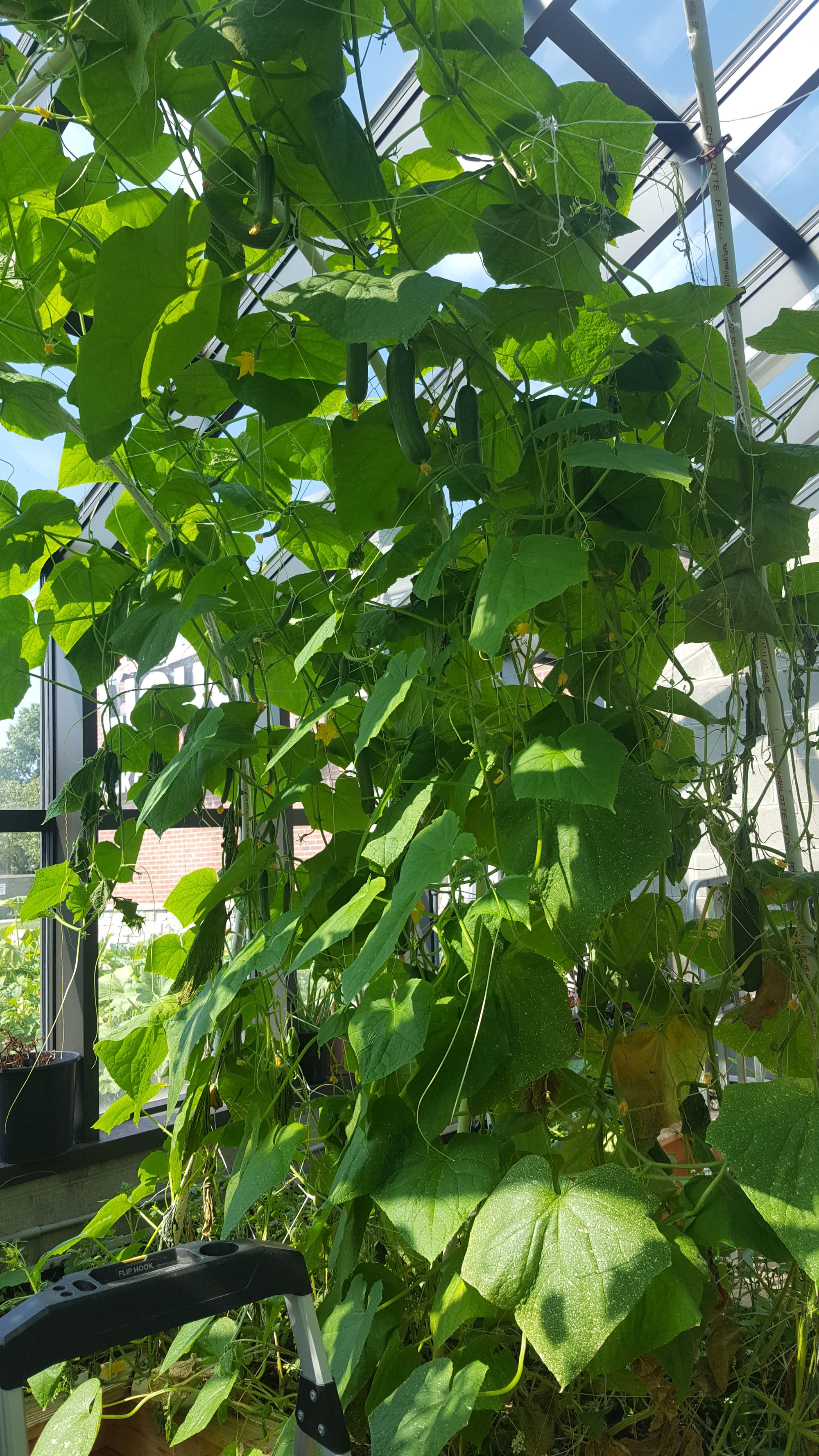
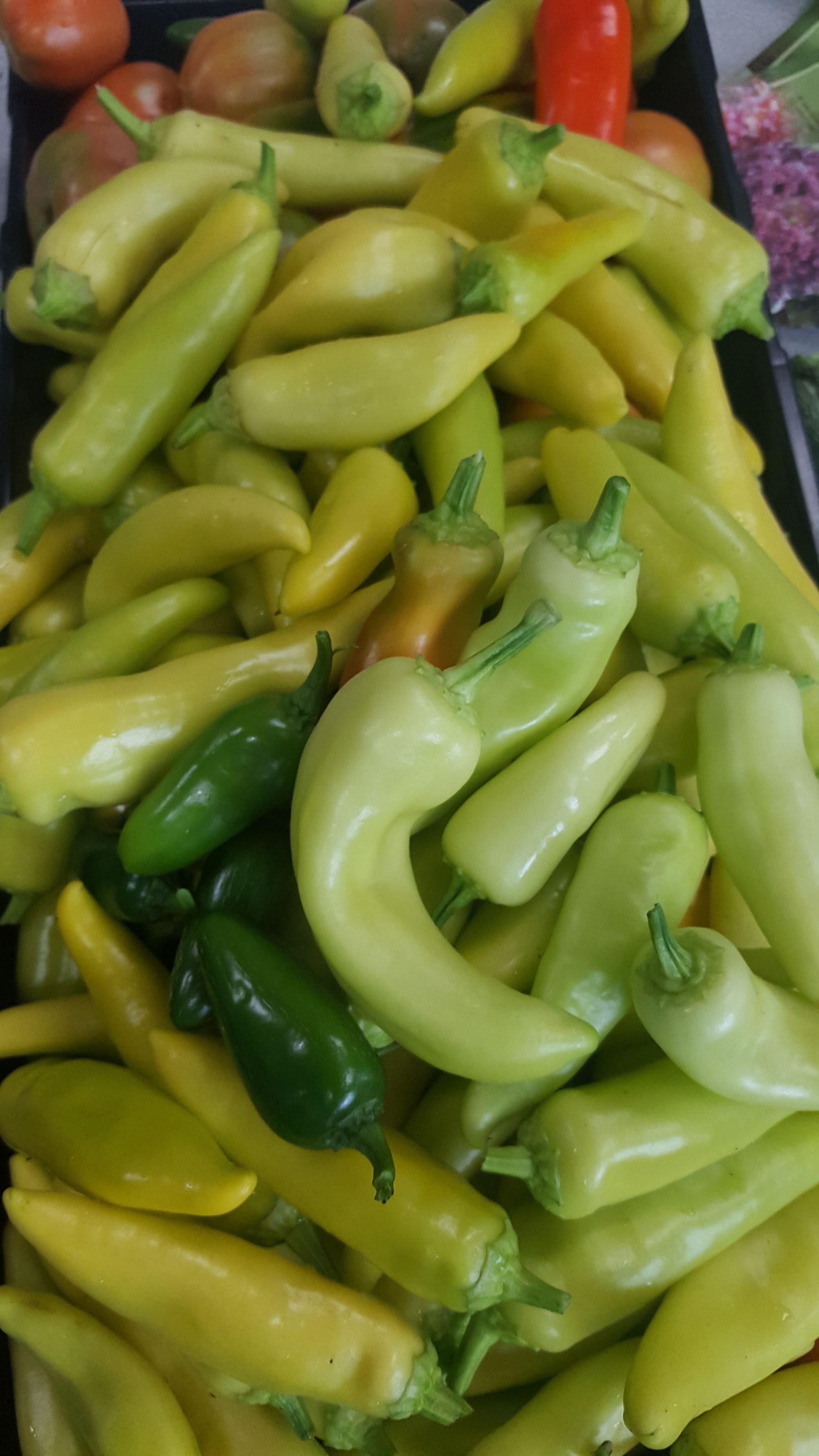
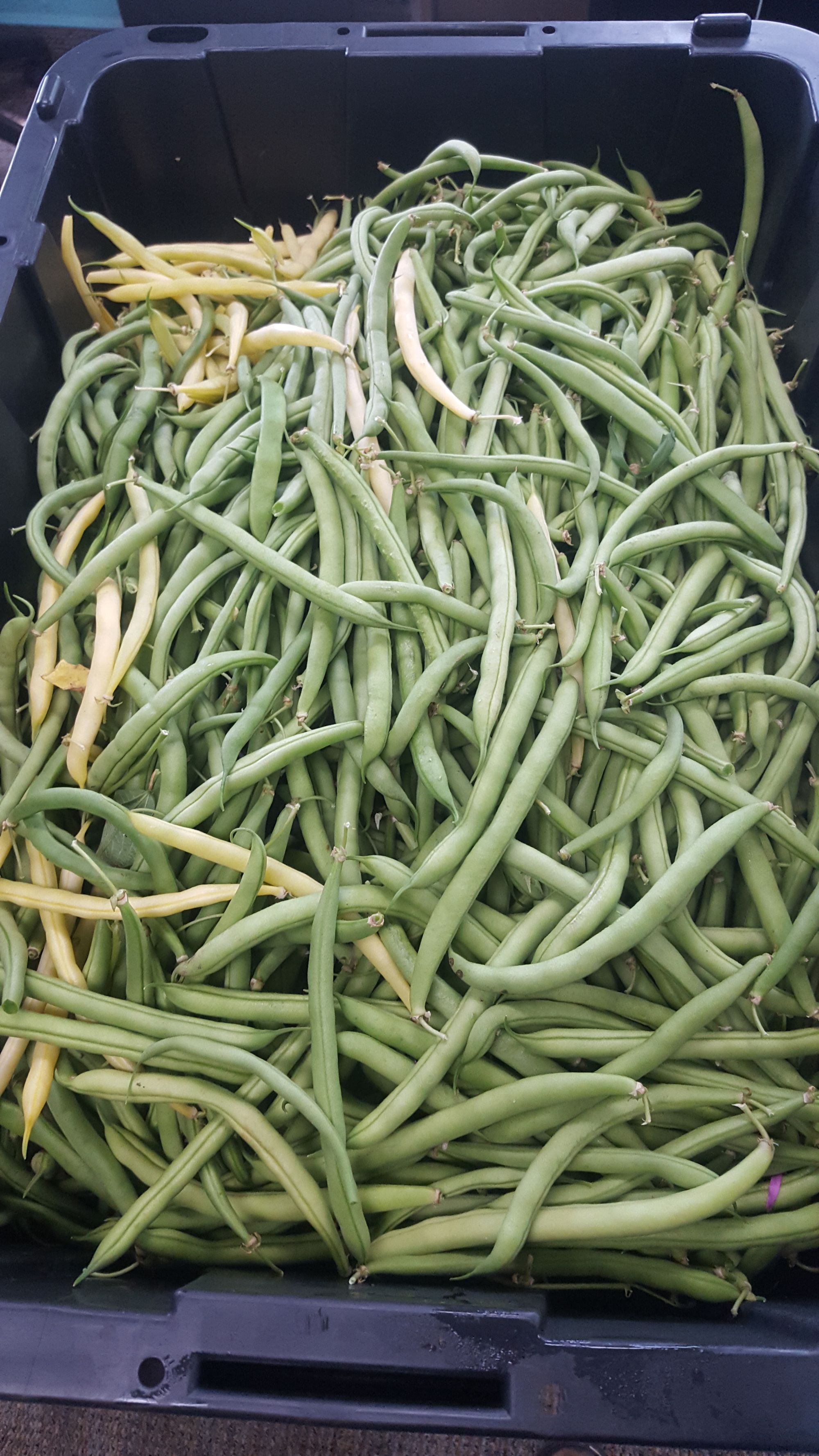
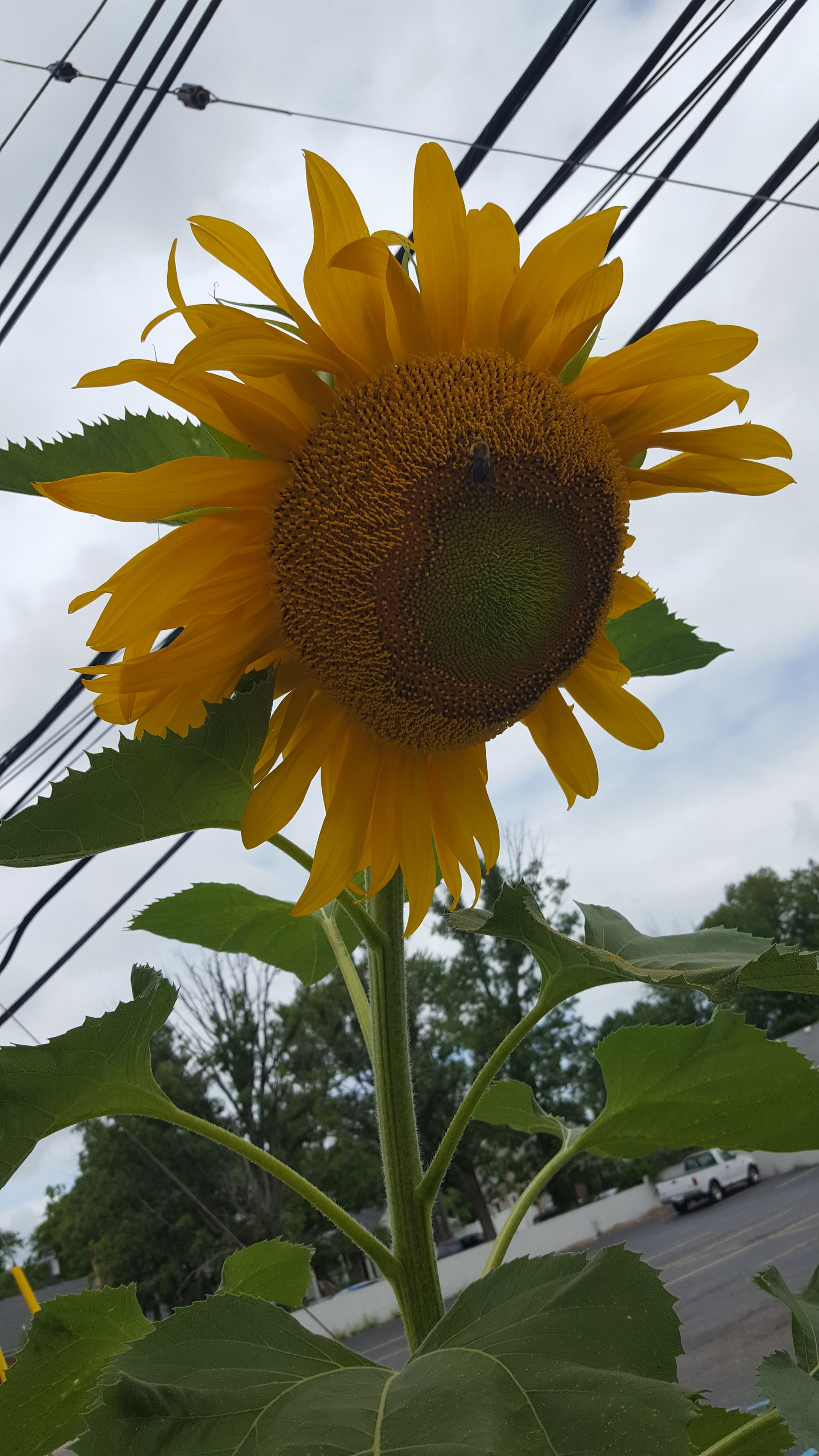
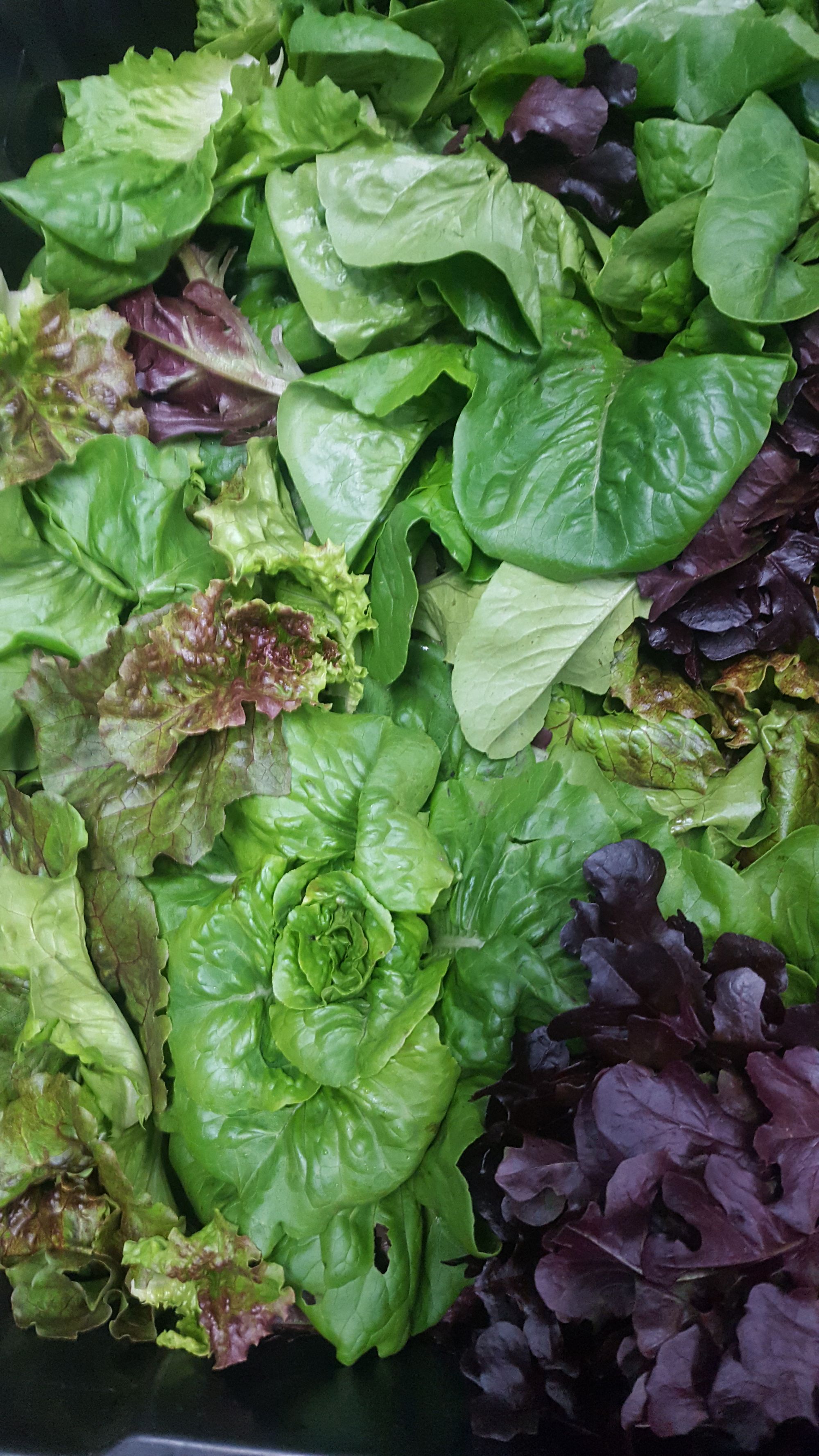
On call after call, I tried to quell the anxieties of Jewish seniors, formerly of the Soviet Union. They told me about when they had to stand in line for food in the USSR. How the current state of things made them feel the bubbling up of old fears. Some told me stories about their formative years in the old country. Others told me stories about their refrigerators.
I fielded calls of pure gratitude and calls of unfiltered anxiety. Each one touched my soul. Parents laid off, and business owners with no business, sharing private stories about family situations; requests for diapers and baby food; embarrassed calls from people unused to asking for assistance; confidential calls from rabbis, on behalf of congregants or community members; a woman needing food because she is out of work and taking care of her dying brother; a man helping his ill mother; a parent with high-need children; a single woman going through chemotherapy, alone.
It says in the Jerusalem Talmud,
There is no community where everyone is rich; neither is there a community where everyone is poor (Gitten 3:7).
The basic need for sustenance leveled the field. No client different than another. I scheduled drivers and delivery appointments for groceries day after day; it seemed endless.
Somewhere along the way, I found myself caring about our 1,150 families as I would care for my own family. I found myself caring about seven staff members I had known for a short time, but as if we were the oldest friends or neighbors. I found myself sharing masked laughs and friendly banter with the Russian drivers for Jewish Family Service, who continue to help us transport half our deliveries almost daily.
Somewhere along the way, I found myself rushing to get to work early and staying late. I found myself appreciating the many people who donate both funds and time to keep Yad Ezra’s shelves stocked. I also found myself valuing the food I put on the table at my own home more than ever before. I found myself abuzz with the feeling of tikkun olam and tzedakah.
Somewhere along the way, I found myself as I wanted to be.
Comments
Sign in or become a Nu?Detroit member to join the conversation.
Just enter your email below to get a log in link.